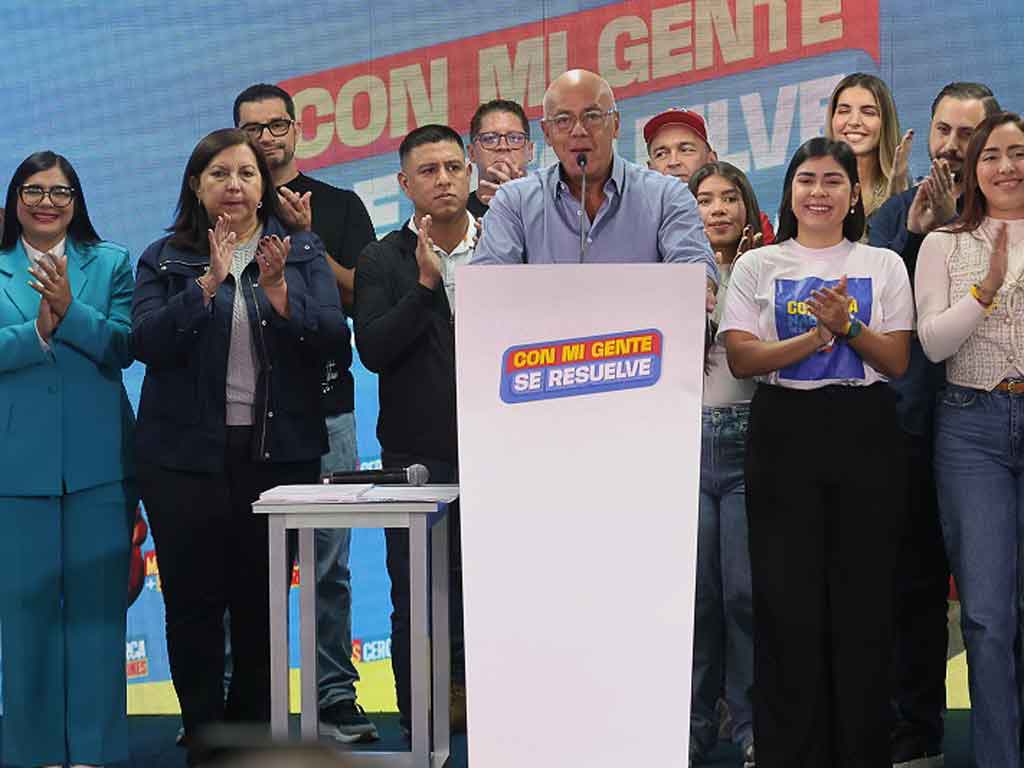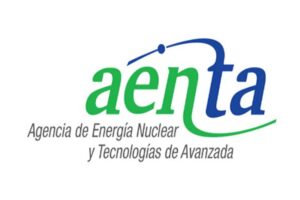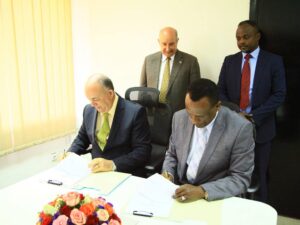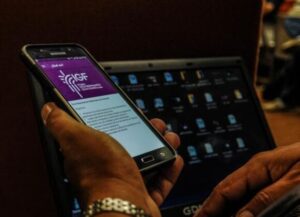The Simón Bolívar Great Patriotic Pole (GPPSB) today launches its closing campaign across Venezuela’s 335 municipalities, which will officially conclude this Thursday, two days before the municipal elections.
Running parallel to these elections – the 33rd electoral process in the past 26 years – the Gppsb will also promote until Sunday the 37,000 projects that youth will vote on during the year’s third National Popular Consultation, taking place this July 27.
Jorge Rodríguez, head of the Bolivarian Revolution Unified Command, stated during a press conference that this has been a campaign conducted directly with the people since its commencement on July 11. He noted that pro-government candidates have walked the streets, visited homes, and engaged in dialogue with citizens to understand their needs and difficulties while sharing their hopes.
The political leader reaffirmed that revolutionary and Chavista forces are contesting all 335 mayoralties, including the 105 currently held by opposition figures, because their candidates «are problem-solvers who stayed during difficult times, fought against sanctions, and learned how to defeat them.»
Rodríguez emphasised that the July 27 elections will represent the «dawn of a new era» that the Venezuelan people deserve – one of recovery, prosperity and wellbeing championed by Commander Hugo Chávez and maintained by President Nicolás Maduro.
National Electoral Council (CNE) president Elvis Amoroso reported on Sunday that the process will include 15,731 voting centres, with 15,710 operating simultaneously for the Popular Consultation. Additionally, 20,410 voting tables will be installed, of which 15,936 will handle the youth vote.
A total of 21,524,126 registered voters are called to participate in these elections, which will fill 2,806 positions, including 335 mayors and 2,471 council members (1,420 elected by list vote, 982 by name, plus 69 representing indigenous communities) across 596 constituencies.
CNE principal rector Carlos Quintero described this electoral event as historic because «for the first time in democratic history, the National Electoral Council will conduct two electoral processes on the same day.» He credited this achievement to the electoral body’s capabilities and its officials’ dedication to organising both processes within a 60-day timeframe.




